David Salisbury
-
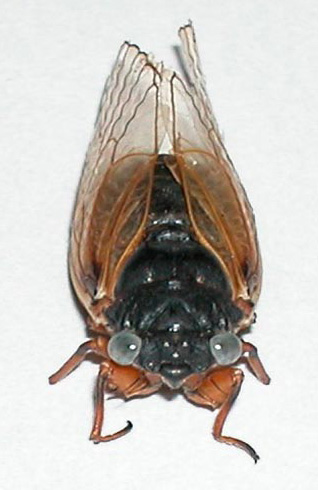
Bad buzz about blue-eyed cicadas
Photo of a true blue-eyed cicada (Matt Weiss, Cicada Mania) Have you heard the latest buzz going round that scientists at Vanderbilt are paying as much as $3,000 for specimens of the rare blue-eyed cicada? If you have, I hope you haven’t spent a lot of time… Read MoreJun 2, 2011
-

Stamping out low cost nanodevices
A team of Vanderbilt engineers have developed a rapid and low-cost imprinting process that can stamp out a variety of devices that have unique optical, electrical, chemical and mechanical properties. Read MoreMay 31, 2011
-
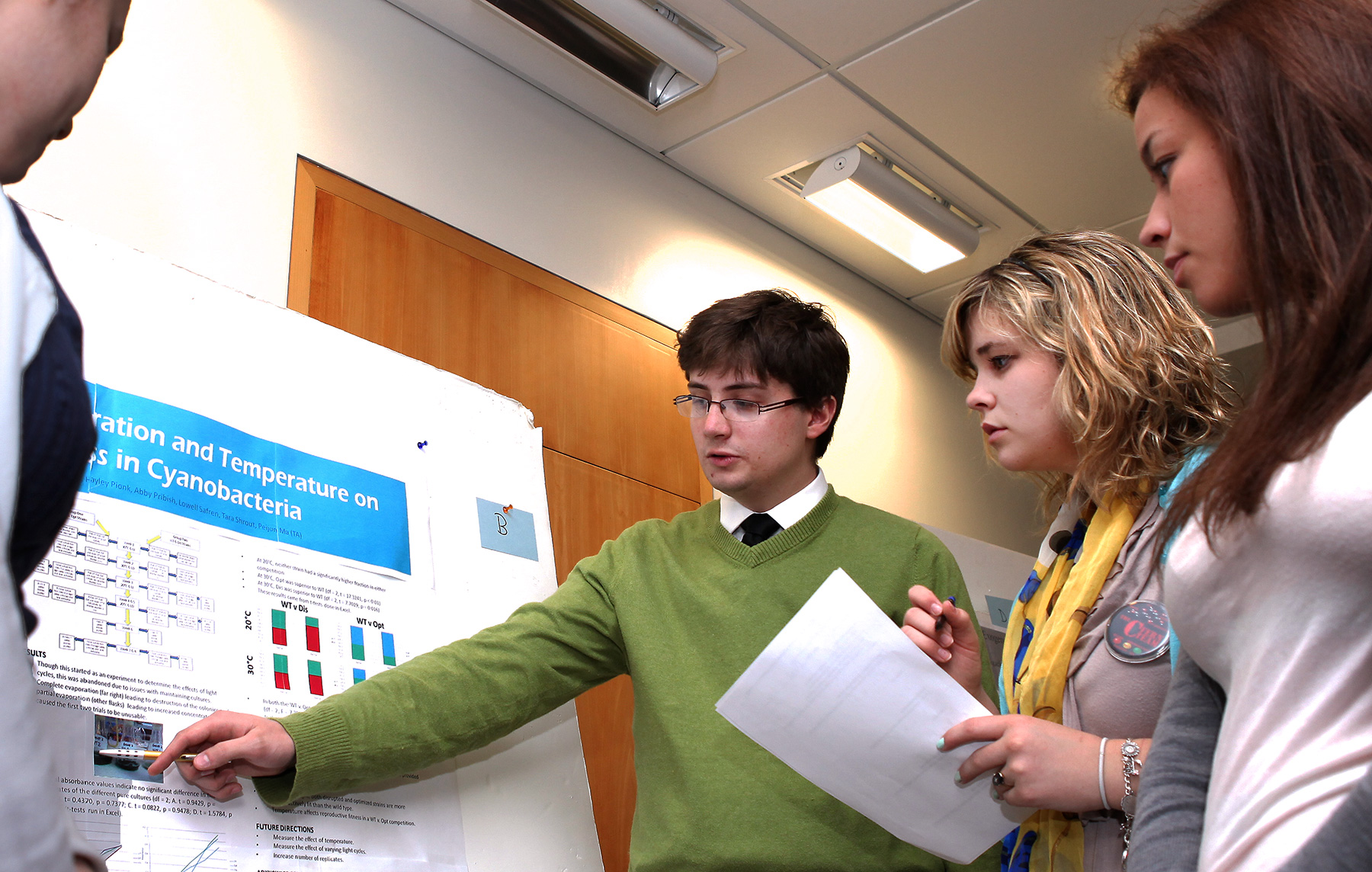
Laboratory throws away cookbooks in pursuit of discovery
Students at BSC111c poster session discussing project that determined the phylogenetic relationship of a number of common insects (Susan Urmy / Vanderbilt) In an educational environment increasingly characterized by canned and virtual science experiments that always come out right, Vanderbilt’s alternative introductory biology laboratory (BSC 111c) stands… Read MoreMay 20, 2011
-
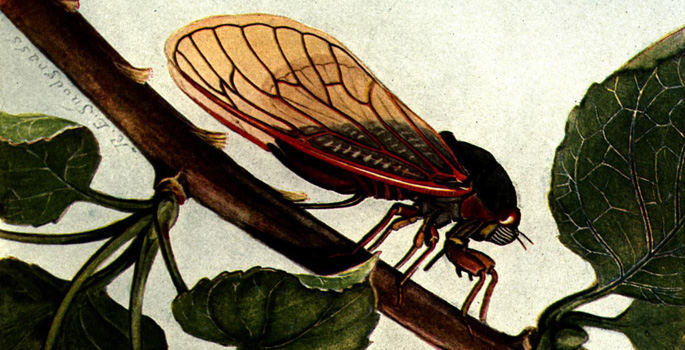
What scientists know about cicadas
Periodic cicadas, like those currently emerging in Middle Tennessee, play an important role in the local ecosystem. Read MoreMay 19, 2011
-
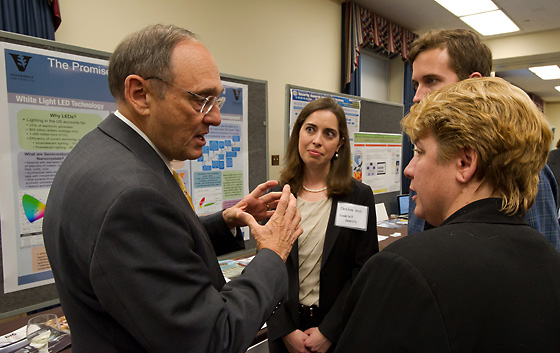
Prof. Rosenthal goes to Washington
Representative Phil Roe (R-TN) chatting with Prof. Sandra Rosenthal, front, graduate student Scott Niezgoda and Christina West, assistant vice chancellor of federal relations, in Washington D.C. at the 17th annual CNSF Exhibition & Reception. (David Scavone) Last Wednesday, Sandra Rosenthal and Scott Niezgoda accepted the invitation… Read MoreMay 13, 2011
-
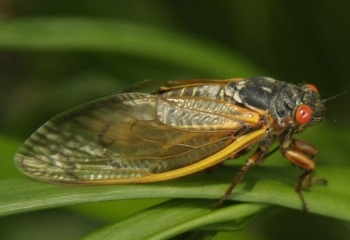
Cicadas 101: All buzz, no bite
An adult cicada (John Russell / Vanderbilt) Vanderbilt commencement speakers may have some unusual competition this year: Nashville’s largest brood of cicadas are predicted to emerge in May and hang around for about five or six weeks. Besides their practice of appearing in 13- or 17-year… Read MoreMay 12, 2011
-
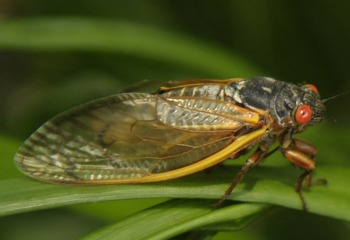
Cicadas 101: All buzz, no bite
Vanderbilt commencement speakers may have some unusual competition this year: Nashville’s largest brood of cicadas are predicted to emerge in May and hang around for about five or six weeks. Read MoreMay 12, 2011
-
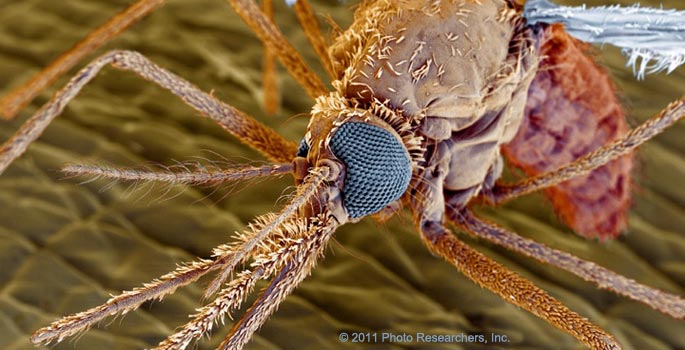
New insect repellant may be thousands of times stronger than DEET
Discovery of a new class of insect repellant raises the possibility of formulations that are thousands of times more effective than current repellants. Read MoreMay 9, 2011
-
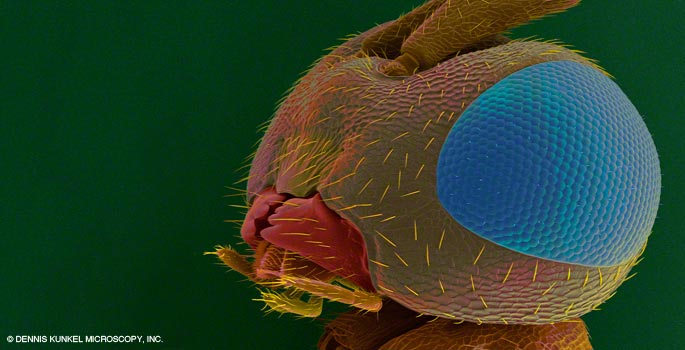
Could bacterial hitchhikers influence formation of new host species?
Vanderbilt researchers are exploring what role, if any, bacteria play in environmental diversity, with the aim of answering one of biology's most fundamental questions. Read MoreMay 5, 2011
-

Nanotechnologists take lessons from nature
Accepting and understanding natural variability is the key for engineers seeking to make nanoscale devices that are as efficient as living microorganisms. Read MoreApr 28, 2011
-

Vandy rocketeers strike again
Last Sunday, Vanderbilt’s Aerospace Club participated in a major NASA rocket competition at Huntsville, Alabama and came away with a first place award for their payload design. This is the fourth year that the Vanderbilt group has been invited to the NASA Student Launch Projects rocketry challenge and… Read MoreApr 22, 2011
-
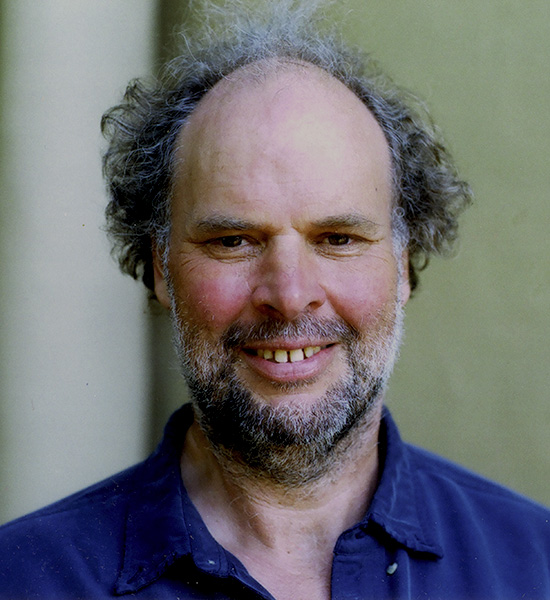
Beyond knot theory
I’ve always been fascinated, and occasionally frustrated, by the tendency of string, yarn, rope and wire – any thing that is long, thin and flexible – to knot and tangle. Fields Medal winner Vaughan F.R. Jones Clearly, I’m not the only one. Mathematicians have been studying knots… Read MoreApr 14, 2011
-

Sleep strategy used by night nurses throws off their circadian clocks
As many as 25 percent of hospital nurses use sleep deprivation to adjust to working on the night shift, the poorest strategy for adapting their internal, circadian clocks to a night-time schedule. Read MoreApr 14, 2011
-
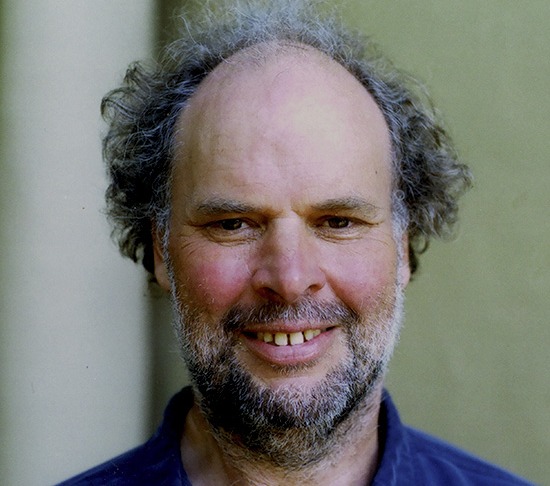
Fields Medalist joins Vanderbilt faculty
One of the world’s foremost mathematicians, Vaughan F. R. Jones, has accepted a position as distinguished professor of mathematics at Vanderbilt University beginning in the fall of 2011. Read MoreApr 6, 2011
-

Big Bang or Big Bounce?
There is a new dark-horse entry in the cosmological sweepstakes. Cosmologists Alan Guth, left, and Paul Steinhardt In the last 50 years, the Big Bang theory has gradually become the standard scientific model for how the universe began and has been written into the grade school science… Read MoreApr 5, 2011
-
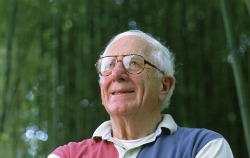
Nuclear remediation veteran comments on accident at Japanese nuclear power plant
Frank Parker, who has studied Nagasaki, Chernobyl and Three Mile Island, comments on the accident at the Fukushima Daiichi nuclear power plant in Japan. Read MoreMar 23, 2011
-

Graphene expert receives NSF CAREER award
Vanderbilt physicist Kirill Bolotin has received NSF’s CAREER award, which supports exceptionally promising junior faculty members. Read MoreMar 21, 2011
-
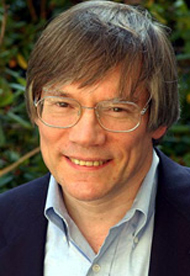
“Multiverse” subject of public lecture at Vanderbilt
Well-known MIT cosmologist Alan Guth gives an invited lecture on the possibility that our universe is a multiverse that consists of a series of pocket universes each with different physical properties. Read MoreMar 17, 2011
-
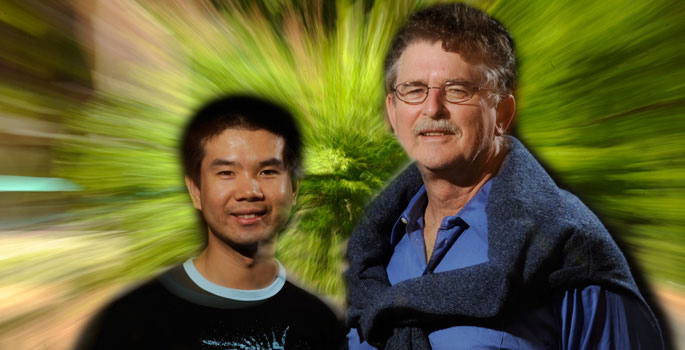
Large Hadron Collider could be world’s first time machine
Prof. Thomas Weiler, right, and graduate fellow Chui Man Ho (John Russell / Vanderbilt) If the latest theory of Tom Weiler and Chui Man Ho is right, the Large Hadron Collider – the world’s largest atom smasher that started regular operation last year – could be… Read MoreMar 15, 2011
-

New laser technique opens doors for drug discovery
A new laser technique can measure interactions between proteins tangled in a cell's membrane and a variety of other biological molecules: extremely difficult measurements that can aid the process of drug discovery. Read MoreMar 14, 2011